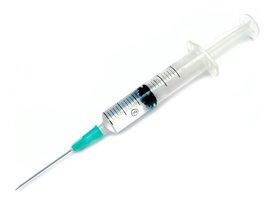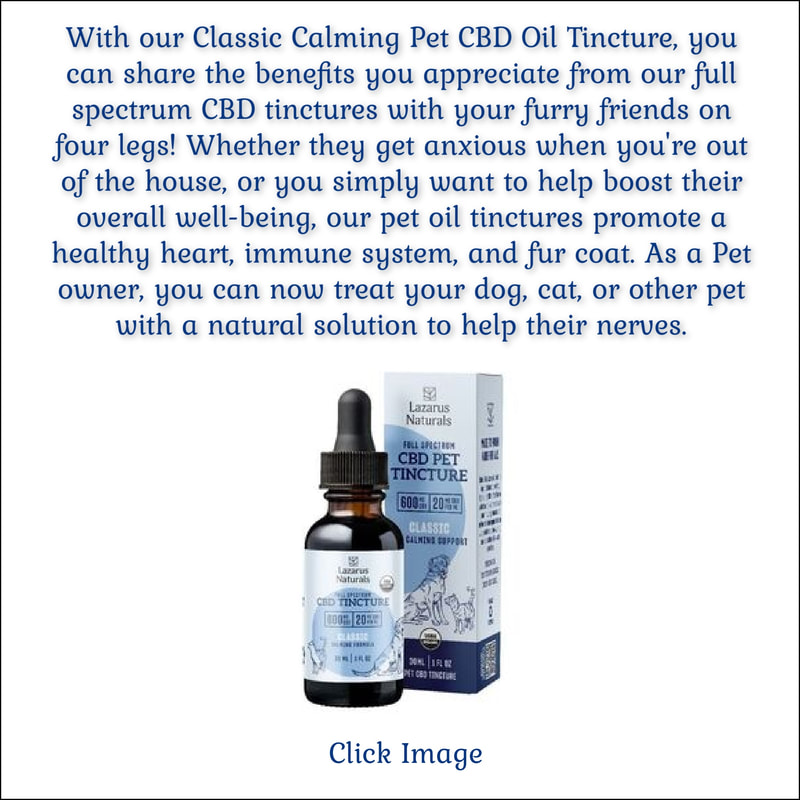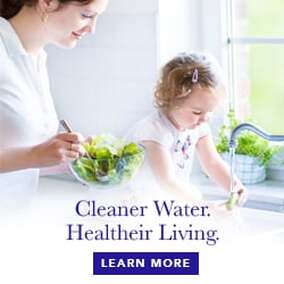Thimerosal (made of phenol, mercury and aluminum)

By the CheerfulVet
“It’s safe!” sings the FDA.
They are referring to thimerosal – an incredibly controversial preservative used in vaccines and it contains nearly 50% ethyl mercury.
Thimerosal has been banned from children’s vaccines in several countries including Russia, Denmark, Great Britain, Austria and Japan.
In response to allegations that the ethyl mercury in thimerosal is linked to autism the FDA and CDC (Center for Disease Control) maintain that there is no proof. Ethyl mercury is considered safer than methyl mercury found in the fish we consume because it is eliminated from the body more quickly.
“It’s safe!” sings the FDA.
They are referring to thimerosal – an incredibly controversial preservative used in vaccines and it contains nearly 50% ethyl mercury.
Thimerosal has been banned from children’s vaccines in several countries including Russia, Denmark, Great Britain, Austria and Japan.
In response to allegations that the ethyl mercury in thimerosal is linked to autism the FDA and CDC (Center for Disease Control) maintain that there is no proof. Ethyl mercury is considered safer than methyl mercury found in the fish we consume because it is eliminated from the body more quickly.
|
Marcelo and Carolyn Ferrari of Atlanta, Georgia disagree. Their happy, talkative toddler received a round of booster vaccines containing thimerosal in 1999 and had not spoken a word since. They are not alone. In 2006 UC Davis published a study showing that exposure to thimerosal either damaged or killed dentritic cells. Dentritic cells are incredibly powerful coordinators for the immune system. Just one dentritic cell can activate 300 virus/bacteria fighting white blood cells! Even scarier is the fact that a single damaged dentritic cell can become rogue and activate harmful immune responses. It gets worse. |
|
A rider attached to the Homeland Security Act silenced most court cases against the use of thimerosal by requiring that all lawsuits be handled by the federally run VICP. This “Vaccine Injury Compensation Program” serves the purpose of protecting drug manufacturers by banning punitive damages and limiting pain and suffering awards.
Thimerosal is a mercury containing organic compound used as a preservative in vaccine, and is known to induce neural damage in patients. Thimerosal contains a mercury compound, ethyl mercury, which is a toxic metal that can cause immune, sensory, neurological, motor, and behavioral dysfunctions.
Several pediatric and veterinary vaccines in the U.S. still contain thimerosal. Most inexpensive veterinary rabies vaccines contain thimerosal as a preservative so manufacturers can bottle them in “multi-use vials.”
You heard right; our children and pets get exposed to ethyl mercury just so pharmaceutical manufacturers can save a few pennies by using multi-dose vials instead of the preferred “single use” vaccine vial.
What you can do:
Request a thimerosal free vaccine for your pet. Though more expensive, Merial and Ford Dodge offer a thimerosal free version of rabies vaccines. These will be in a single dose vial and marked by a “TF” (Thimerosal Free) on the label. Vaccines containing thimerosal are not labeled as such. This information is available only from the manufacturer of each vaccine.
Know the vaccines containing aluminum. For dogs, some vaccines containing aluminum are Rabies, Lyme, and Leptospirosis. For humans, there are the vaccines for Anti-Tetanus, Hepatitis B, Anthrax, and Rabies. Doctors and veterinarians alike should know how aluminum-sensitive the patient is, to avoid unwanted symptoms. If we want our dog to avoid too much exposure from aluminum, then we can choose not to have it vaccinated, if it is not too important.















